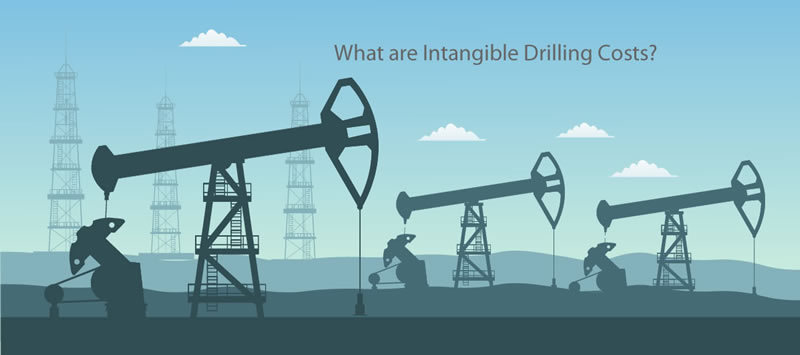Thursday, November 30th, 2023 and is filed under New Mexico Oil and Gas Investing, Oil and Gas Current Events, Oil and Gas Fun Facts, Texas Oil and Gas Investing
Intangible Drilling Costs (IDC) are a critical element of the financial landscape in the oil and gas industry. These costs encompass various non-physical expenses incurred during the exploration and drilling of oil and gas wells. What sets intangible drilling costs apart is their intangible nature, as they are related to activities and services essential for the drilling process but do not involve the acquisition of physical assets like drilling rigs or equipment. IDCs are tax-deductible expenses in the United States and are designed to incentivize domestic energy production. IDC deductions allow drilling companies––and any private investment partners participating directly alongside them––to reduce their taxable income.

Intangible drilling costs (IDCs) encompass various non-physical expenses incurred during the exploration and drilling of oil and gas wells.
Intangible Drilling Costs Include:
1. Permitting and Licensing Fees
2. Consulting and Professional Services
3. Lease Costs and Mineral Rights
4. Geophysical and Geological Surveys
5. Testing and Logging Costs
6. Salaries and Wages
Intangible Drilling Cost deductions are applicable for the year in which an investment is made, even if the well does not start drilling until March 31st of the following year. To see how much a qualified, approved investor could potentially reduce their tax liability with a direct investment in O&G exploration with Aresco, check out our hypothetical tax deduction calculator.
Each of these IDC components plays a vital role in ensuring the successful and responsible exploration and production of oil and gas resources. Their tax-deductible nature encourages investment in the oil and gas industry and promotes domestic energy production.
The above general discussion is provided for background information only. This information is not intended to be individual advice. Prospective participants should consult with their personal tax professional regarding the applicability and effect of any and all benefits for their own personal tax situation. In addition, tax laws change from time to time and there is no guarantee regarding the interpretation of any tax laws regarding tax-deductible investments. Oil and gas tax deductions 2023 did not change significantly from oil and gas tax deductions 2022. For more information, please visit www.irs.gov.
7 Tax Deductions and Advantages Available for Direct Oil and Gas Investments
© Copyright 2024 Aresco, LP. All rights reserved. | Privacy Policy | Site by A3K Marketing. Admin Log in